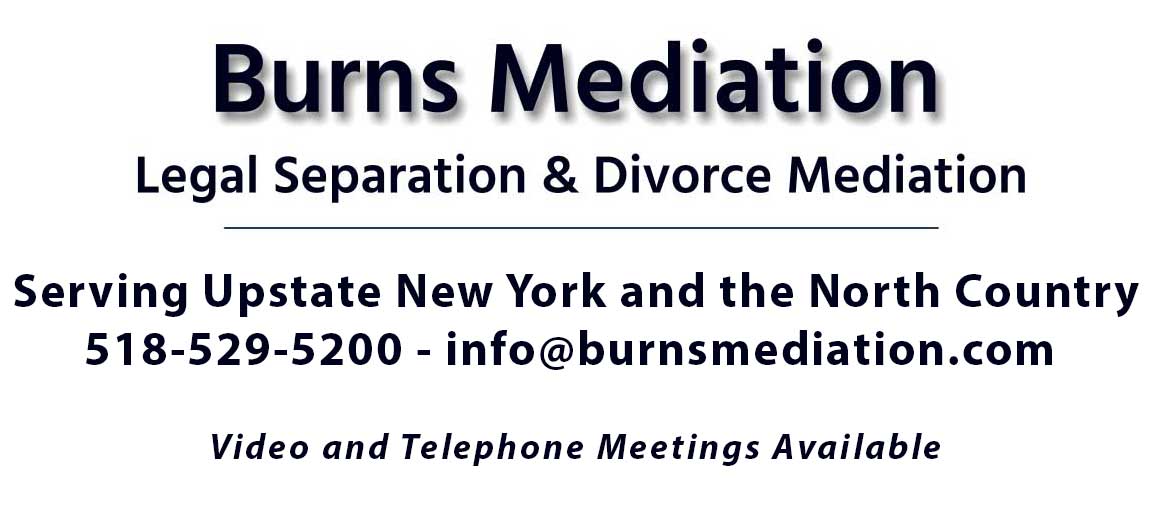 {3:18 minutes to read} In a recent post, I wrote about the new spousal support law that New York has adopted. This new law created a formula for determining spousal maintenance based on the income of each spouse and the length of the marriage.
{3:18 minutes to read} In a recent post, I wrote about the new spousal support law that New York has adopted. This new law created a formula for determining spousal maintenance based on the income of each spouse and the length of the marriage.
This law took effect on January 23, 2016, but, since I knew it was coming, I started informing my clients about its provisions in September. And when I started applying it to some “real life” situations, I became concerned that in many instances, this new law just might not be “fair” to the payee spouse.
Take the example of Rich and Liz, a couple I was working with recently. Rich, who is a few years younger than Liz, makes about $150,000 per year, while Liz is retired. She has been collecting $20,000 in Social Security benefits for several years but this is not enough to meet her needs.
Under the new spousal maintenance guidelines, Liz would receive spousal support of $45,000 per year. This, along with her Social Security benefits, would make her total income about $65,000 per year. On the other hand, Rich would have about $105,000 left to meet his needs.
Neither Rich nor Liz felt that this was a fair result. They decided to ignore the guideline amount and create an agreement that combined their income. Once they did so, they divided the total in half! Rich then agreed to pay Liz an amount of spousal maintenance so that each of them would have about the same amount of disposable income, which both felt was fair.
But what would happen if Rich had refused to agree to an amount over the guideline? If Liz didn’t feel this was a fair result, she could always go to court.
If she did so, she could try to convince the court that the guideline amount was “unjust or inappropriate” using the 15 factors that are found in the statute. However, it would take a lot of time and effort on the part of Liz’s attorney to convince the court to adjust the amount.
Of course, the more time and effort that is spent by Liz’s lawyer, the more it is going to cost each of them.
I do not know if a judge would order Rich to pay more than the guidelines require. But I do know that it is going to be very expensive to find out. Which is another reason why couples would be better off reaching an agreement in mediation. Especially if they are looking for a fair result.
Share with Friends:
Need More Information?
To schedule a free phone or video consultation, complete and submit the form below, email us at [email protected], or call 518-529-5900.





